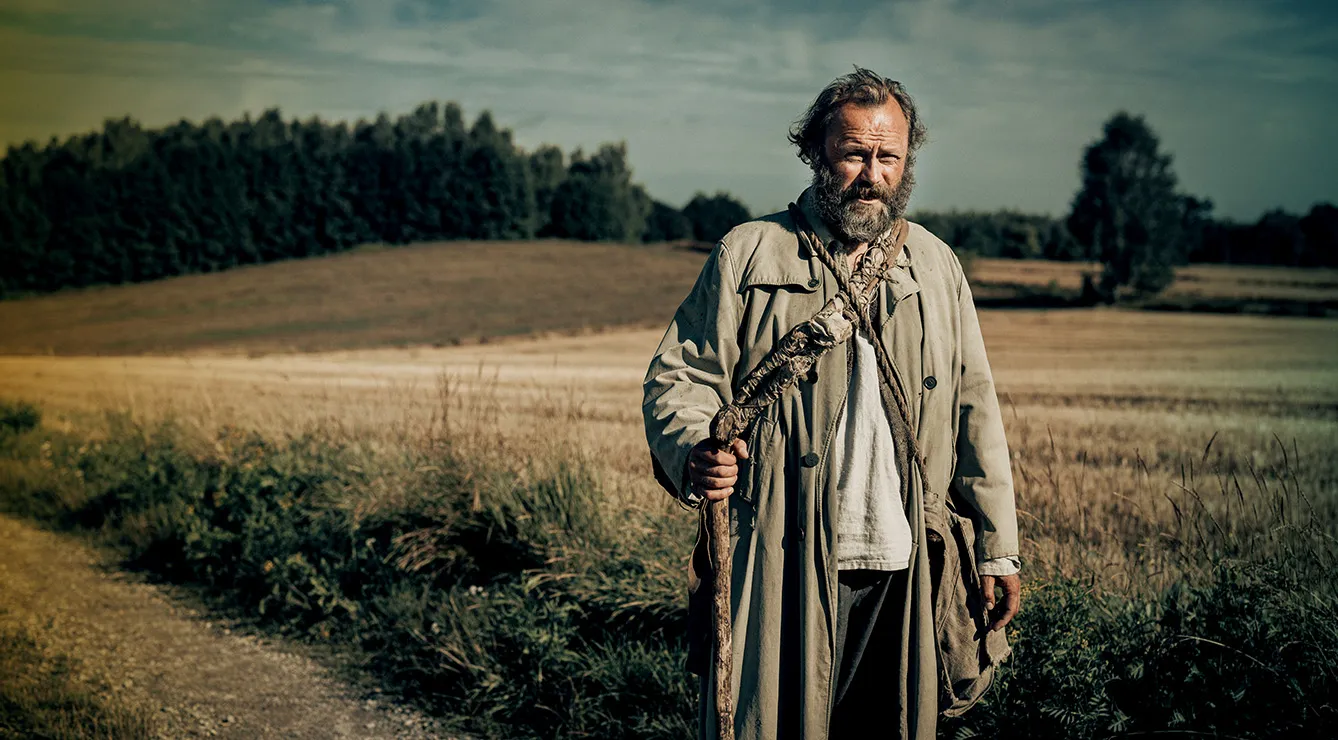The story of “The Quack” (or “Znachor” Polish) was written by one of the most famous Polish writers of the interwar period, Tadeusz Dołęga-Mostowicz. The book was hugely successful and likely would have been developed into a whole series if the author hadn’t died in September 1939 as the only casualty of an evacuation of the Polish government after German and Soviet occupation.
**Note – plot spoilers ahead – for “The Quack”, not necessarily Netflix’s “Forgotten Love”!
The book’s premise revolves around a skilled and admired Warsaw surgeon, Rafał Wilczur – a wealthy, successful, handsome silver fox who returns to an empty home only to learn that his wife has left him and taken their daughter with her, leaving no trace as to their whereabouts.
Desperate to drink away his troubles, he heads to a dive bar, where he gets drunk and ends up flashing a bit too much of his wealth. He is ultimately robbed and thrown out of his car, losing his memory as the result of a head injury. With no clue as to who he is, he winds up starting over in a new life as a poor vagabond working in the mill, dubbed Antoni Kosiba.
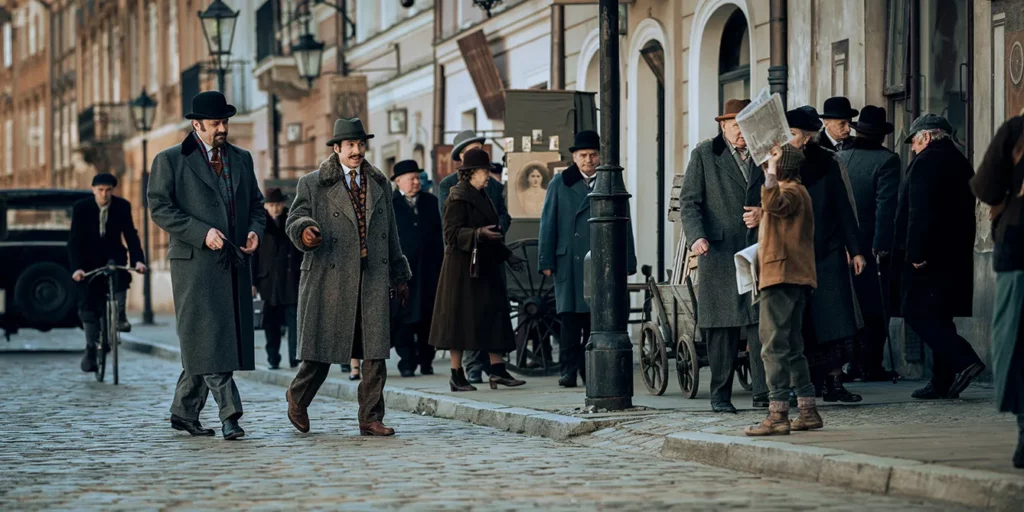
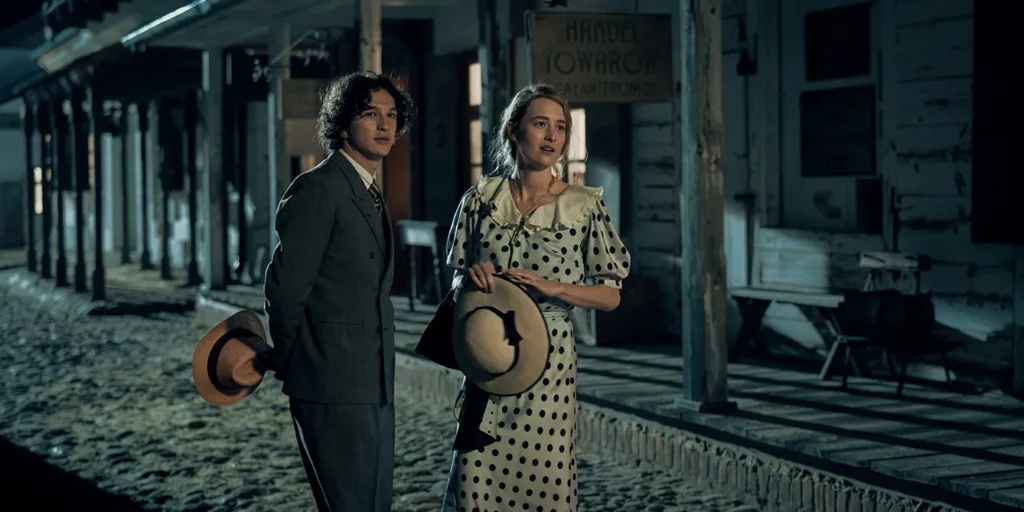
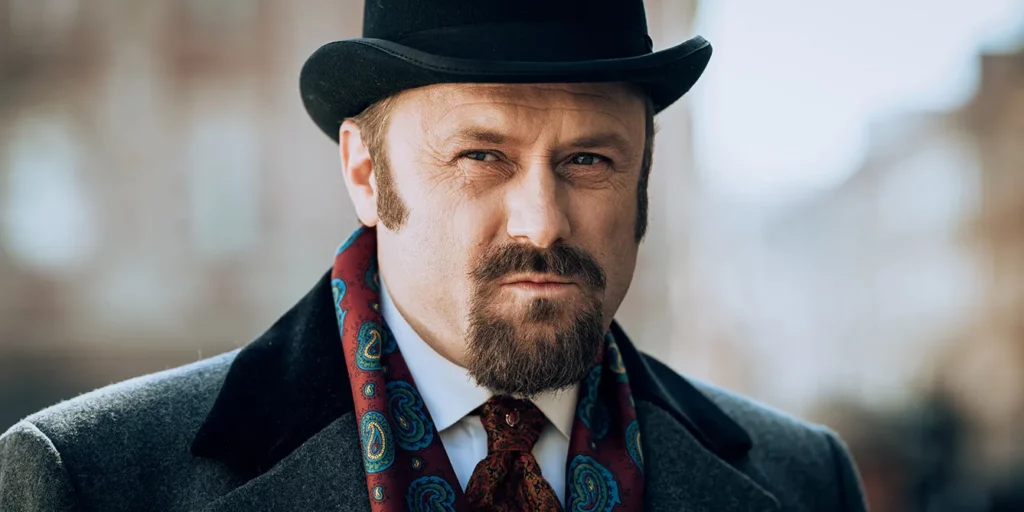
However, despite not knowing who he is, he subconsciously retains skills from his previous trade. On the farm of one of his hosts, there is a disabled boy who can’t walk due to an injury. Antoni Kosiba soon notices that the fractured bones have been improperly set by the local physician. So in the poor village conditions, by the light from a kerosene lamp, he resets the bones.
After several more “miracles,” the local physician, a pseudointellectual who is proud beyond his means, jealous of Wilczur/Kosiba’s skills, and enraged over being ridiculed in his own area of trade, takes notice and wants revenge. And revenge he gets.
After another successful treatment, Antoni Kosiba is charged with theft and practicing medicine without a license. The court case gets loud, as throughout interwar Poland, a battle was raging around folk doctors and quacks, who had a tendency to kill people either by mistreatment or preventing them from seeking professional help.
In the film’s climax, a colleague of Professor Wilczur happens to be among the observers in the courtroom who recognizes his long-lost and assumed-dead master. “Ladies and gentlemen, your honor, this is Professor Rafał Wilczur,” he declares.
Tadeusz Dołęga-Mostowicz and The Quack
Dołęga-Mostowicz was a skilled storyteller with a sensitive ear toward social problems. In his even more famous book, “The Career of Nicodemus Dyzma,” the protagonist is an uneducated simpleton, yet a cunning and stubborn opportunist, who starts as a gigolo and ultimately has a chance to become the Polish prime minister, thanks to opportune social-climbing and ruthlessness, and despite a number of dead bodies left in his wake.
Given the plot, little there is to wonder why there have been numerous attempts at screen adaptations of “Nikodem Dyzma’s Career.” Meanwhile, “The Quack” has only made it to the screen once – but made it big time. But this is about to change.
The cult of The Quack
The 1982 Polish drama directed by Jerzy Hoffman has become a cult classic in Poland. It is kind of a swan song to a magnificent decade of Polish movie productions from the 1970s that stole the hearts of the Polish baby-boomer generation. For many, an annual re-watch when it is aired during either Christmas or Easter Sunday (or both) is a must.
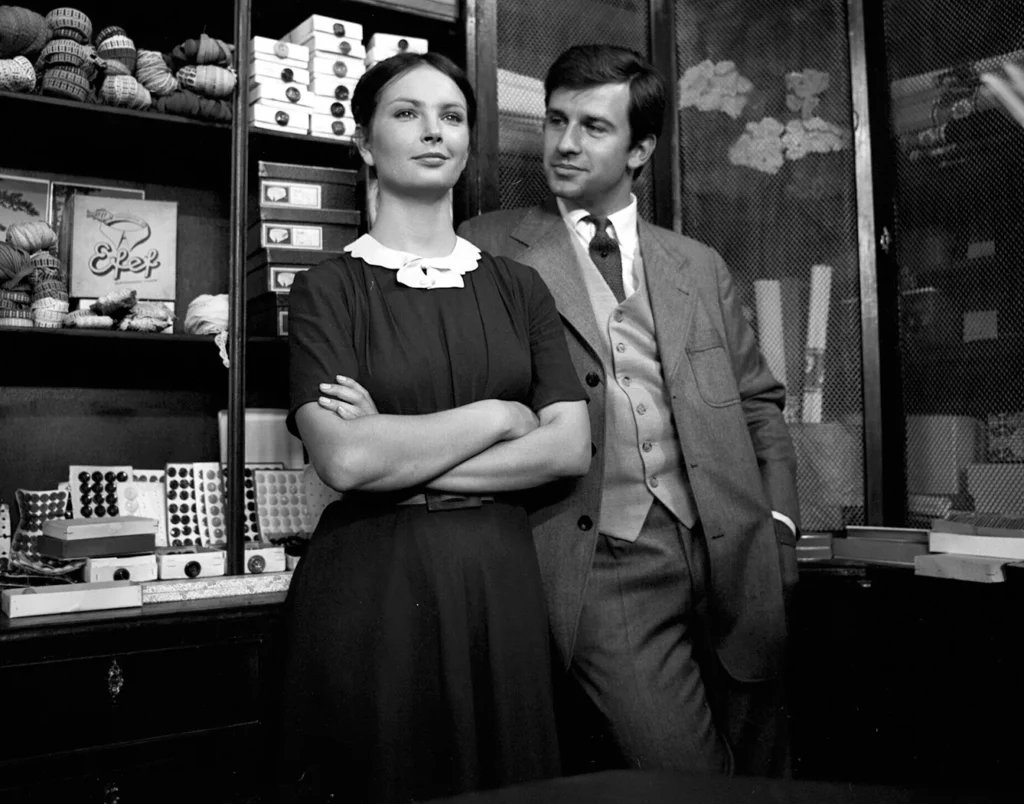
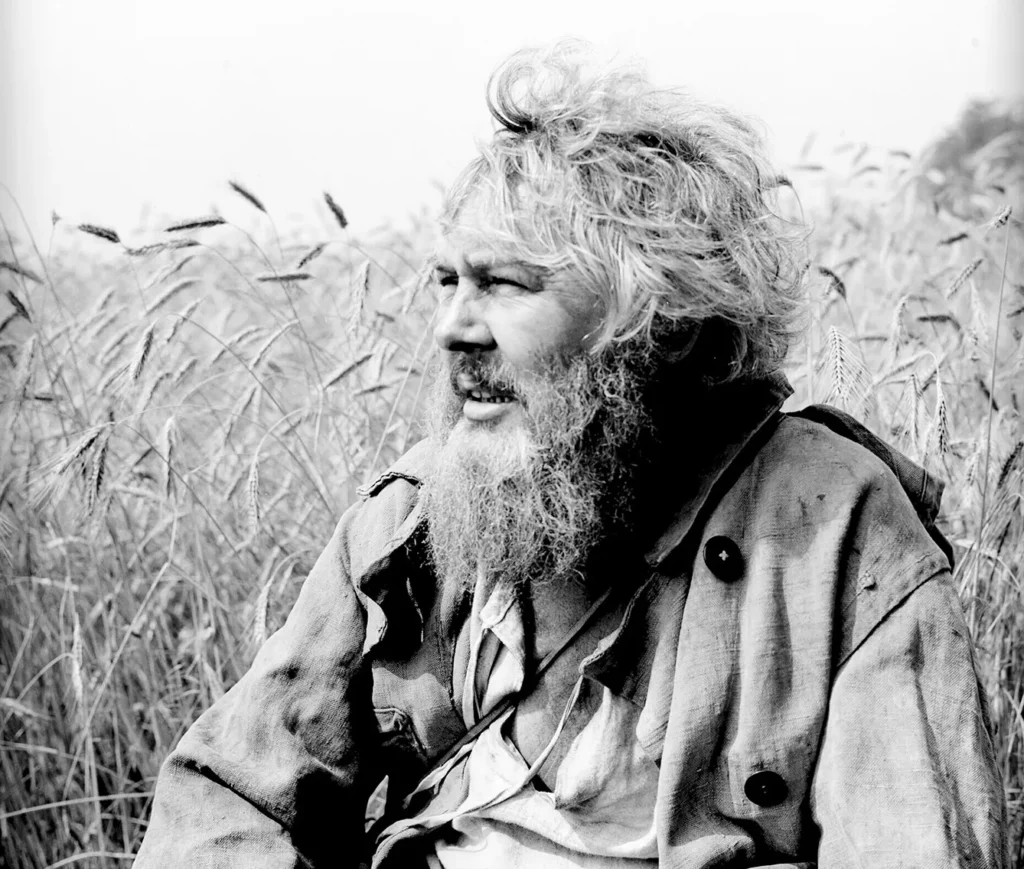
Given the social subtext of a peasant’s fate against the will of the overlords, the amount of nostalgia triggered by actor Jerzy Bińczycki’s longing, absent gaze combined with Sonia’s (Bożena Dykiel) attempts to lure the melancholic amnesiac into earthy delights with her ample, barely covered bosom, spikes through the roof.
Forgotten Love makes a comeback
With the original having reached the status of an annual must-watch, you can imagine what happened in Polish cultural discourse when Netflix announced that the company had chosen “The Quack” as their next Polish production – but changed the title to “Forgotten Love”. The premiere isn’t scheduled until the second half of 2023, but interest has already skyrocketed.
Many, ritually, are already complaining about the overrepresentation of minorities in the remake (which has yet to even be confirmed) – forgetting that “The Quack” itself is supportive of the weaker, namely the peasants, against the ex-aristocrat urban meritocracy. But many voices claim that no matter the result of “Forgotten Love”, it will never surpass the “original” 1982 movie, pointing to its different edges.
The main cast has been announced, with well-known actor Leszek Lichota reprising the leading role, and directed by Michał Gazda. Will Lichota be able to match Jerzy Bińczycki’s prized creation? That is yet to be seen, though to some, judgment has already been passed.
Yet, there are still people, including your humble undersigned, who hope for the best in this Netflix enterprise. After all, what makes Tadeusz Dołęga-Mostowicz’s novel so good is its universal message about social relations that may and should also appeal to a younger generation.


